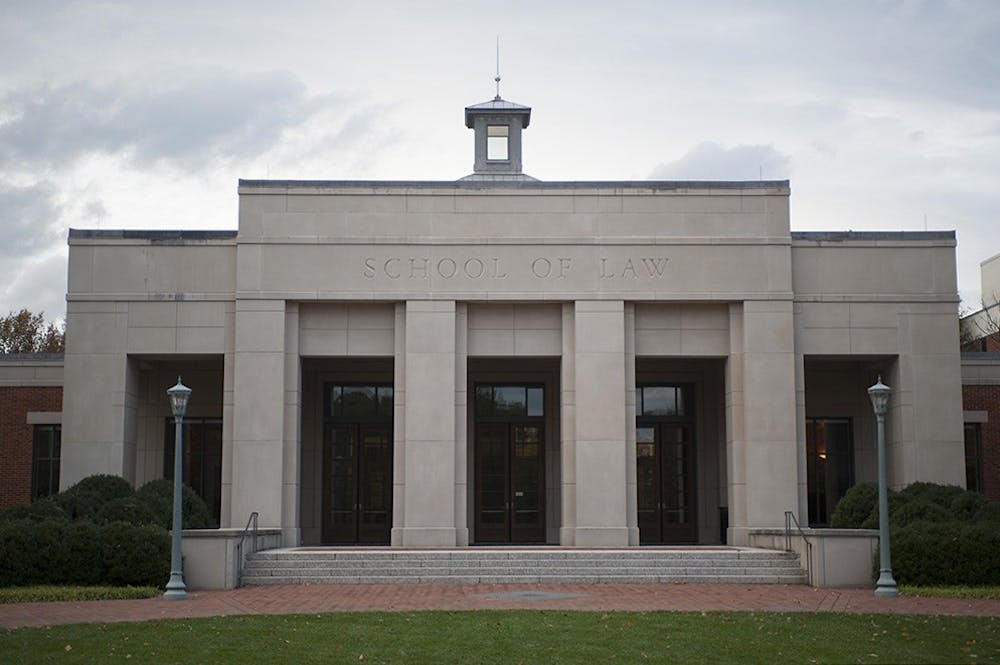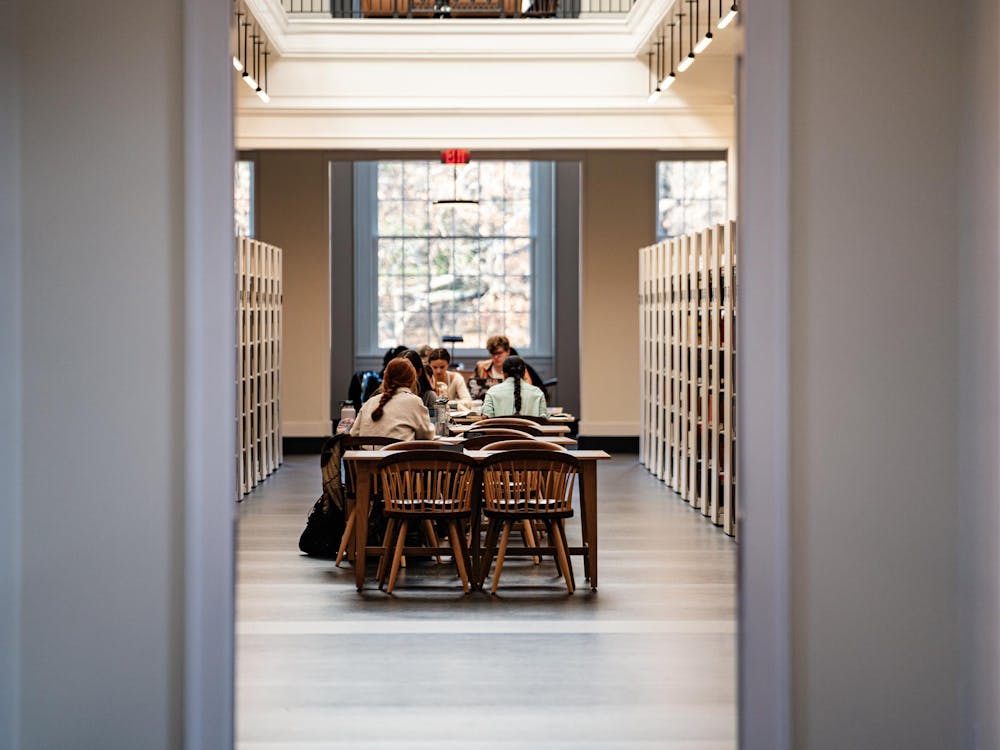Over winter break, nine law students from the University’s School of Law volunteered at the Legal Aid Justice Center, which will be launching a new pro bono clinic this coming semester.
The Civil Rights Litigation Pro Bono Clinic is a partnership between the Law School and Charlottesville’s Legal Aid Justice Center.
“We’re always looking to elevate our cases to make a big impact that will help as many people as we can,” said Mario Salas, an attorney at the Legal Aid Justice Center who is working with the Civil Rights Pro Bono Clinic.
Volunteers will work on civil rights and racial justice cases pro bono, which means they don’t receive academic credit for their work, but can receive volunteer hours. Many of the topics involved in the cases can be seen in today’s headlines, such as policing and race, the criminalization of poverty and mental health.
The cases in the clinic are in all different stages of litigation. Some of the cases haven’t been brought to court yet and are still in the research phase, while others have been filed and are currently being heard in court. For example, Salas is currently in the middle of litigation on a case involving a Virginia law that automatically suspends an individual’s driver’s license suspension when they don’t pay their court costs and fines on time.
Salas said students often choose to volunteer because they want actual experience working on cases.
“In law school, you often don’t get a chance to do that,” Salas added. “Classes are more abstract, theoretical and concept-based rather than practical skills[-based]. But by doing clinics, students get to see the day-to-day real side of lawyering.”
Second-year Law student Andrew Ognibene said in an email to The Cavalier Daily that he worked on a case for the LAJC in its housing group.
“Our client was a recovering crack addict who was well on his way to recovery — holding down a job on the downtown mall, staying clean —until his landlord started to harass him, defacing his bedroom door with spray-painted insults, hanging disparaging banners outside of the house, and locking him out of the front gate,” Ognibene said. “He ended up being driven to homelessness as a result and reverted to drug use again.”
The LAJC brought a suit on the man’s behalf and was able to win him a significant amount of money. Ognibene said that besides his contributions to trial preparation, he got to spend some time with the client and realized that “he was a good man who was just struggling with [addiction] and was down on his luck.”
“It felt really good to [help] a client like that, no matter how small my role was,” Ognibene said. “And as a Law student, I couldn't [have] hope[d] for a better two weeks in terms of learning about courtroom procedure and the justice system as a whole.”
Mika Bray, a first-year Law student, worked with the Special Immigrant Juvenile Status program.
Bray said her group worked with “minor children who are living in the United States and typically fleeing from some sort of situation of abuse, abandonment, neglect or danger in their home country” as they helped “try to get them on the road to a status where they could apply for a green card.”
“I was really excited when I left the project because it showed me very concretely how lawyers are able to make a difference in individual lives,” Bray said. “That wasn’t really something I was able to see on such a tangible level before. By meeting with clients and working on some of these cases that I was doing, I was able to really help people and that was a really wonderful thing to realize about law.”
Ognibene said he was committed to public interest work before his experience with LAJC, but he is really energized about the prospect after volunteering.
“A lot of students come to law school hoping to ‘help people,’ and that sentiment tends to be cliche even within circles at the law school,” Ognibene said. “At the same time, I was one of those people, and it felt reaffirming to work alongside talented attorneys on behalf of a worthy issue.”





